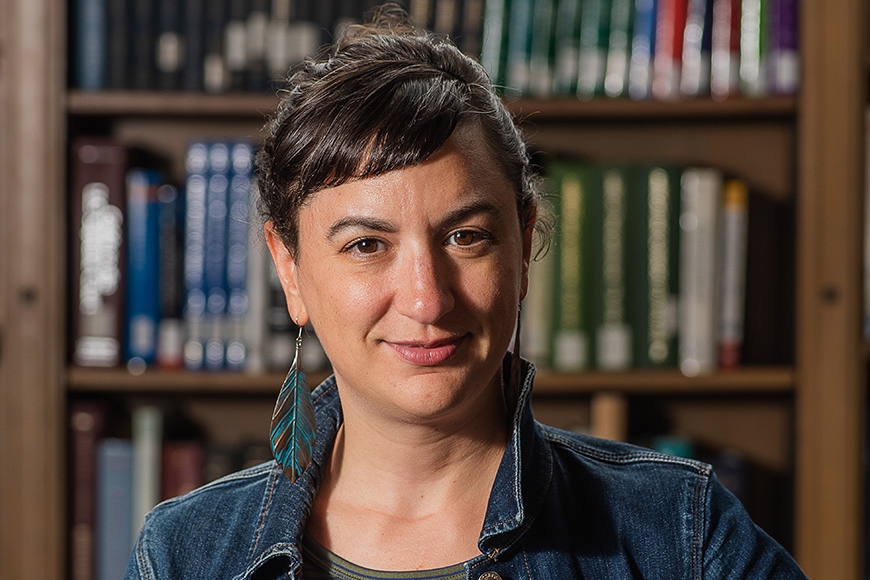The Alt-Ac Career: Shaping Scholarly Conversations as an Editor
"I've always been an omnivorous reader," says Sara Cohen (PhD 2011), Editorial Director and Senior Acquiring Editor at the University of Michigan Press. "Becoming an expert on a particular corner of a particular subfield was something I struggled with as a graduate student." Working as an editor at an academic press allows Cohen to read in and learn from a variety of disciplines, she notes: "I find that particularly satisfying." Cohen spent nearly six years as editor and rights and contracts manager at Temple University Press before moving to the University of Michigan in January 2019; she was named Editorial Director at UMP in October. Cohen graciously answered our emailed questions.
What skills, experiences, or interests led to your current job?
When I was in the PhD program at Minnesota, I found that I didn't particularly like teaching or writing. What I most enjoyed was reading, thinking about what I read, and discussing it with peers. I also liked helping my students and my colleagues develop their writing through one-on-one conversations about their work. I was fortunate to work as a research assistant supporting several faculty members working on book manuscripts during my time at the U, and I really enjoyed this work as well. As a result, I started to consider scholarly publishing as a career path, because it would allow me to participate in and support scholarly conversations without generating my own scholarship.
In the English PhD program, I learned a lot of the skills that I need in my work. I learned how to read, summarize, and synthesize scholarship. I began to develop the network of scholars (through my reading and my personal relationships) who could advise me about trends in scholarship and about scholars doing exciting scholarly work. I also learned how to talk to and build close working relationships with faculty members, which is a big part of my job.
What has surprised you most about your current role?
What a huge role acquisitions editors have in shaping scholarly conversations! While scholars do the work, and vet each others' work through the peer review process, acquisitions editors decide what work gets published. We're the tastemakers, and as a person who's always loved curating in my everyday life (books, records, clothes, decor), being an acquisitions editor has allowed me to make a career of curating.
What do you wish you had known as a graduate student?
I wish I had known that there are more ways to participate in and shape scholarly conversations than by being a scholar. I wish that I had known as an undergraduate that if the job you want is to read and talk about books all day, being an editor might be a better career track.
What advice would you give current students embarking on their postdoctoral careers?
You're not a failure if you don't get a tenure track job. There are other options out there, and they may be just as, or more, intellectually and creatively nourishing than being a tenure track scholar.



